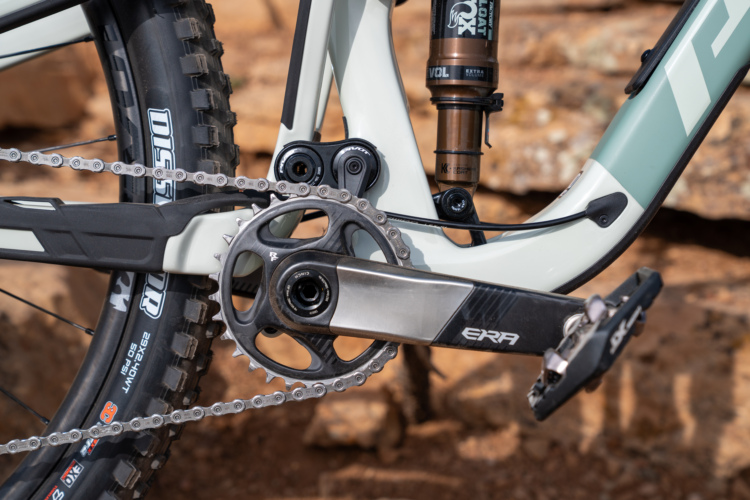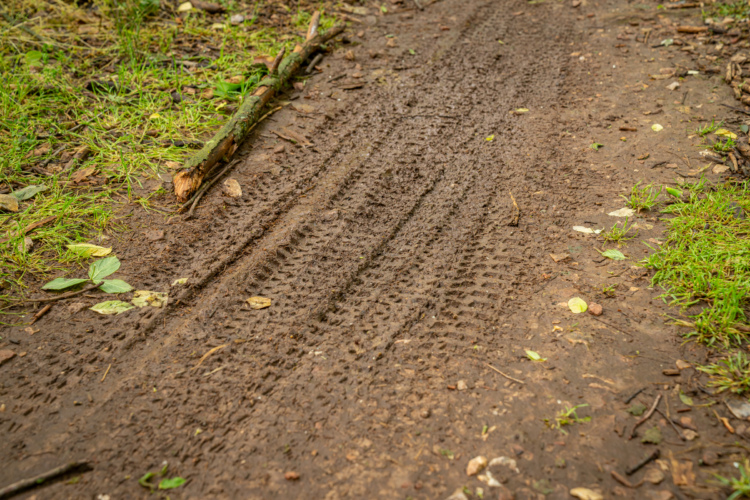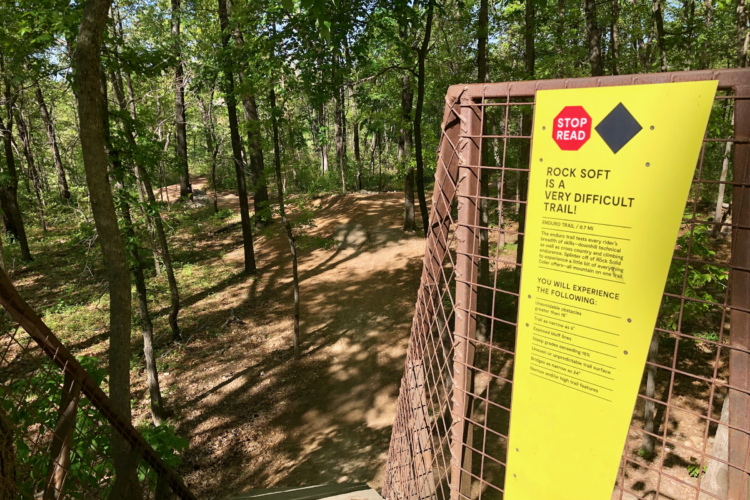This week, the brand Allite (pronounced all lite) announced that a new material known as Super Magnesium is now available for use in the cycling industry. Originally developed for classified, military use, the material is 33% lighter than aluminum. Not only is it lightweight, the material is said to be more environmentally-friendly than either carbon or aluminum.
What is Super Magnesium?
Super Magnesium is a trademarked term for Allite’s proprietary alloy of magnesium, various rare earth materials, and either aluminum or zinc. There are a few different alloys Allite offers depending on the application. For example, the alloy used to build a bike frame might be different from the one used to create a derailleur cage. All of the alloys are composed of at least 90% magnesium.
Magnesium is abundantly available on earth, which makes the element more sustainable to mine and refine than say titanium or even aluminum. The material is also said to be recyclable, and it even breaks down (bio-degrades) more quickly than carbon fiber or aluminum bikes.
What can Super Magnesium be used for?

This is not the first time magnesium has been used in the bike industry. In fact, it’s already used in many suspension fork lowers. However, Allite’s alloy is different and is said to be suited to a variety of applications, from frame building to accessories and components.

From a weight savings perspective, Allite certainly promises an advantage over aluminum, offering greater strength and stiffness pound-for-pound. Of course there are many factors involved, but expect Super Magnesium bike frames to weigh slightly more than carbon frames, but less than finished aluminum and possibly even titanium frames.
Materials science geeks know that magnesium (the element) can be extremely flammable, and so special care must be taken when working with the material. Allite has developed their own bonding / welding process which means this isn’t a material that builders will be able to pick up off the shelf for custom frame builds.
When will we see Super Magnesium bikes?

It will be a couple years at least before we see mountain bike frames made from Super Magnesium, but early prototypes seem to indicate it’s on the horizon. Pricing for a Super Magnesium bike will likely come in above aluminum, but less than carbon fiber. Allite Super Magnesium can be painted or powder coated.
Allite expects to license and help produce Super Magnesium products for the cycling industry, though no partners have been formally announced. However, Allite shares a parent company with both Niner and Huffy, so it would not be surprising to see one of the UWHK Limited brands among the first to embrace the material.
What do you think: Is there a market for a mountain bike frame material in between aluminum and carbon in terms of price and weight?






















8 Comments
Sep 21, 2018
Sep 21, 2018
Sep 25, 2018
Sep 10, 2019
Sep 20, 2018
* consider profit means - to gain an advantage - at the expense of whom?
Sep 24, 2018
Sep 10, 2019
Sep 25, 2018
On the repair side, it sounds like you're looking at shipping the bike off at a minimum since welding is a very specialized process. Then again, repairing certain types of aluminum and carbon damage isn't all that common either. Depending on the problem, most people either get a warranty replacement, or have to toss the frame out.